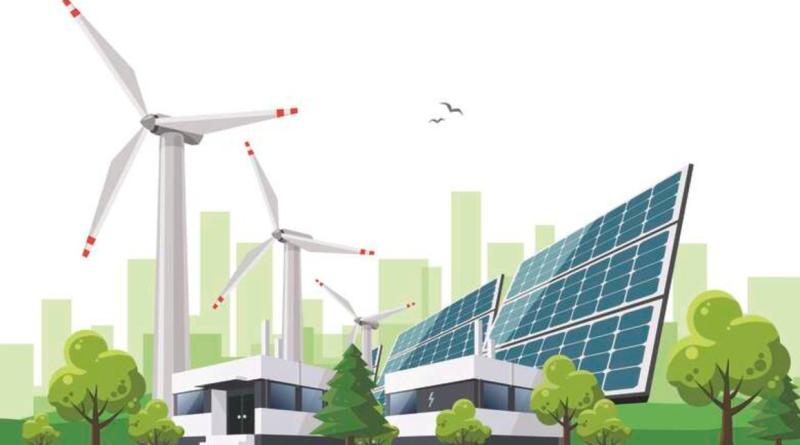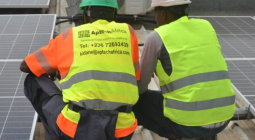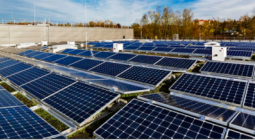How windows will soon be turned into power sources

In the coming days, every window in your house could generate electricity. This is after energy experts made a significant breakthrough that will allow homeowners, property developers and companies to replace their windows with solar panels.
Energy experts and researchers across the world are working on this tantalising idea using technology to transform the way solar power is collected and harnessed.
At the heart of the technology is the use of transparent solar-harvesting systems integrated in windows that work by absorbing invisible wavelengths of sunlight to convert the energy to electricity.
Though relatively in its early stages and still in the lab, Thin Film Technology is the latest approach to solar technology.
But even before the technology arrives in Kenya, experts have divided opinions about its viability.
“Any solar technology has great potential as has already been demonstrated with a growing number of companies installing the panels in efforts to go green,” said Carol Koech, the general manager at Schneider Electric.
Kenya has high insolation rates –exposure to the sun’s rays- with an average of five to seven peak sunshine hours.
This means that a square metre of solar panel can generate up to six kilowatts of electricity, enough to power 600 10-watt light bulbs for one hour.
Most solar panels use silicon as the material that receives solar energy, but solar windows need something different since silicon is not transparent.
The thin-film solar panel are made of one or more layers of thin film material with the capability to absorb light and produce power. These photovoltaic cells that make up the panel are a fraction of the thickness of a coin.
“This is flashy and nice but really doesn’t make much sense,” says Prof Izael Da Silva, a renewable energy specialist and Deputy Vice-Chancellor Research and Innovation at Strathmore University.
“I would advocate for the solar panel put on the roof and it will cost four times less than what would be used installing the film technology,” he says.
Despite its relatively low adoption among countries in Africa, solar has been found to be the easiest and cheapest way to produce power, while minimising environmental hazards.
Aside from the thin film solar, other approaches to solar generation technology previously adopted include the solar carport, the solar-power tiles, the floating solar pack and the solar power ground installations.
An analysis of the shifting tides of the global energy landscape shows electricity will underpin Africa’s economic future, with solar leading the way.
“Africa is home to 60 percent of the best solar resources globally, yet only one percent of installed solar PV capacity. Renewables, mainly solar PV, account for the majority of new capacity additions due to ever declining costs driven by rapid global uptake.” The 2022 Africa Economic Outlook.
There are, however, hindrances to the solar power uptake off.
The challenges for investing in solar power are linked to expensive financing options, lack of awareness, especially among rural dwellers, an enabling environment and access to technical support services.
In April 2014, Parliament approved exemption of specialised solar equipment dealers from the 16 percent tax imposed under the VAT law that came into force on September 2, 2013.
Kenya is an active commercial PV system market in the developing world, with an installed PV capacity in the range of 4 MW, with an estimated 200,000 rural households with solar home systems.
The country’s energy sector in is largely dominated by petroleum and electricity, with wood fuel comprising charcoal and firewood- being the basic energy source for rural communities, urban poor and the informal sector.
Access to electricity remains low despite the government’s target of boosting electricity connectivity to 65 percent by the year 2022, from the current 15 percent. The last-mile electrification has, however, slowed down and the 2022 goal for achieving universal access to electricity has since been deferred to 2026.
Lynet Igadwah is a reporter with the Business Daily based in Nairobi. She joined the Nation Media Group in April 2013 and mainly covers Parliament. She also writes news and features articles on health, lifestyle and business.
She holds a BA degree in Communication and Media from Egerton University.
Email: ligadwah@ke.nationmedia.com





